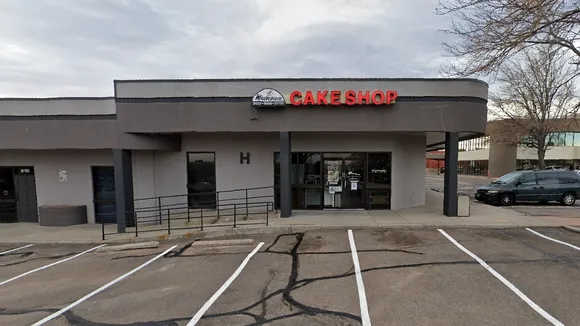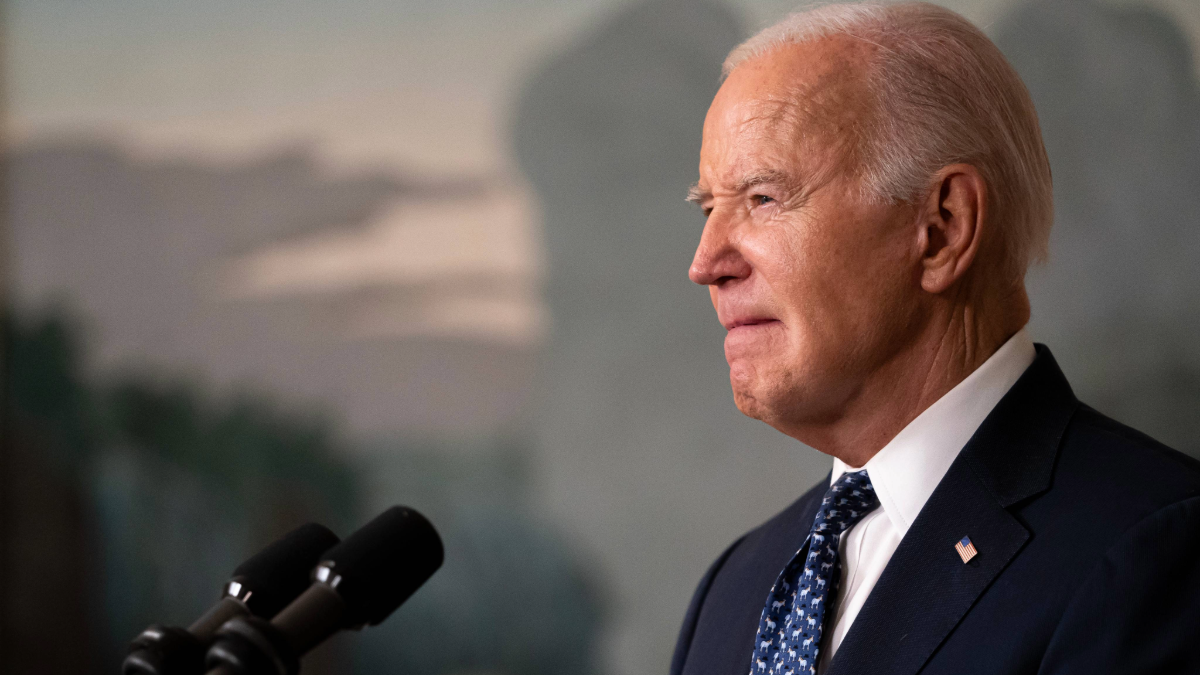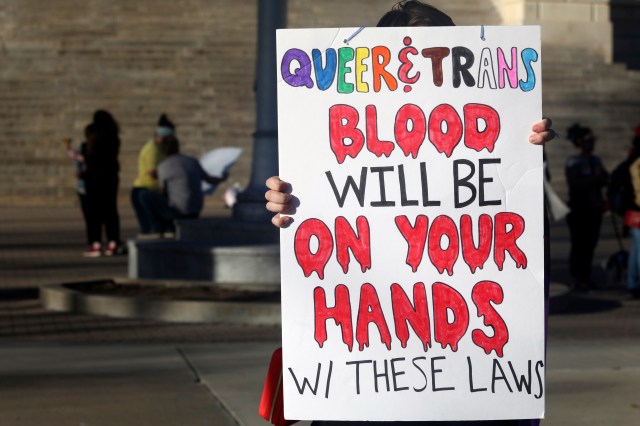
In a landmark event involving Masterpiece Cakeshop’s refusal to bake a cake for a trans woman, Autumn Scardina, to celebrate her gender transition, New York Attorney General Letitia James, along with 18 different Democratic state attorneys general, has taken a stance. The role of this coalition highlights the importance of public accommodations laws in preventing discrimination and the ongoing fight for LGBTQ rights.
The Matter’s “Heart of the Matter”
When Scardina approached Masterpiece Cakeshop in 2018 to request a cake to mark her transition, she was denied services despite revealing the nature of the occasion. This denial led to a legal fight that highlighted the conflict between anti-discrimination laws and religious freedom. Lower courts siding with Scardina in the case, claiming that the bakery’s actions violated Colorado’s public accommodations law, which forbids discrimination based on sexual orientation and gender identity among other qualities. The situation has since ascended through the legal system.
Attorney General Letitia James and her colleagues filed an amicus brief with the Colorado Supreme Court, urging it to uphold the lower court’s decision, giving the situation more momentum. Their reasoning emphasizes the larger implications of this case, arguing that the principle of equality and inclusivity that public accommodations laws aim to protect is threatened by permitting bias under the guise of religious or moral objections.
Broader Relevance
This legal challenge focuses on the larger political struggle against discrimination rather than just a single denied cake order. Owner of Masterpiece Cakeshop, Jack Phillips, was previously the subject of a separate discrimination case that became the 2018 U.S. Supreme Court case Masterpiece Cakeshop v. Colorado Civil Rights Commission. Although the case ended with a narrow decision in Phillips’ favor, it did not establish a clear definition of the relationship between religious freedoms and anti-discrimination protections, allowing for further legal challenges.
The alliance of attorneys general contends that upholding the lower court’s decision is essential to ensuring the validity of public accommodations laws. These laws promote an inclusive and equitable community by ensuring that businesses open to the public do not discriminate against people based on their inherent characteristics.
Looking Forward
The outcome of the Colorado Supreme Court’s review of the case will not only affect the parties involved but may also serve as a precedent for how similar cases are handled in the future. A decision in Scardina’s favor would affirm the importance of anti-discrimination laws in the protection of LGBTQ individuals’ rights. In contrast, a decision in favor of Masterpiece Cakeshop might encourage businesses to deny services based on religious or moral objections, potentially undermining the protections provided by public accommodations laws.
The involvement of a coalition of public attorneys in this case highlights the ongoing legal and cultural debate over the proper balance between religious freedom and the right to be free from discrimination. The outcome of this case is likely to have a significant impact on LGBTQ rights and the interpretation of American public accommodations laws as the nation grapples with these issues.



